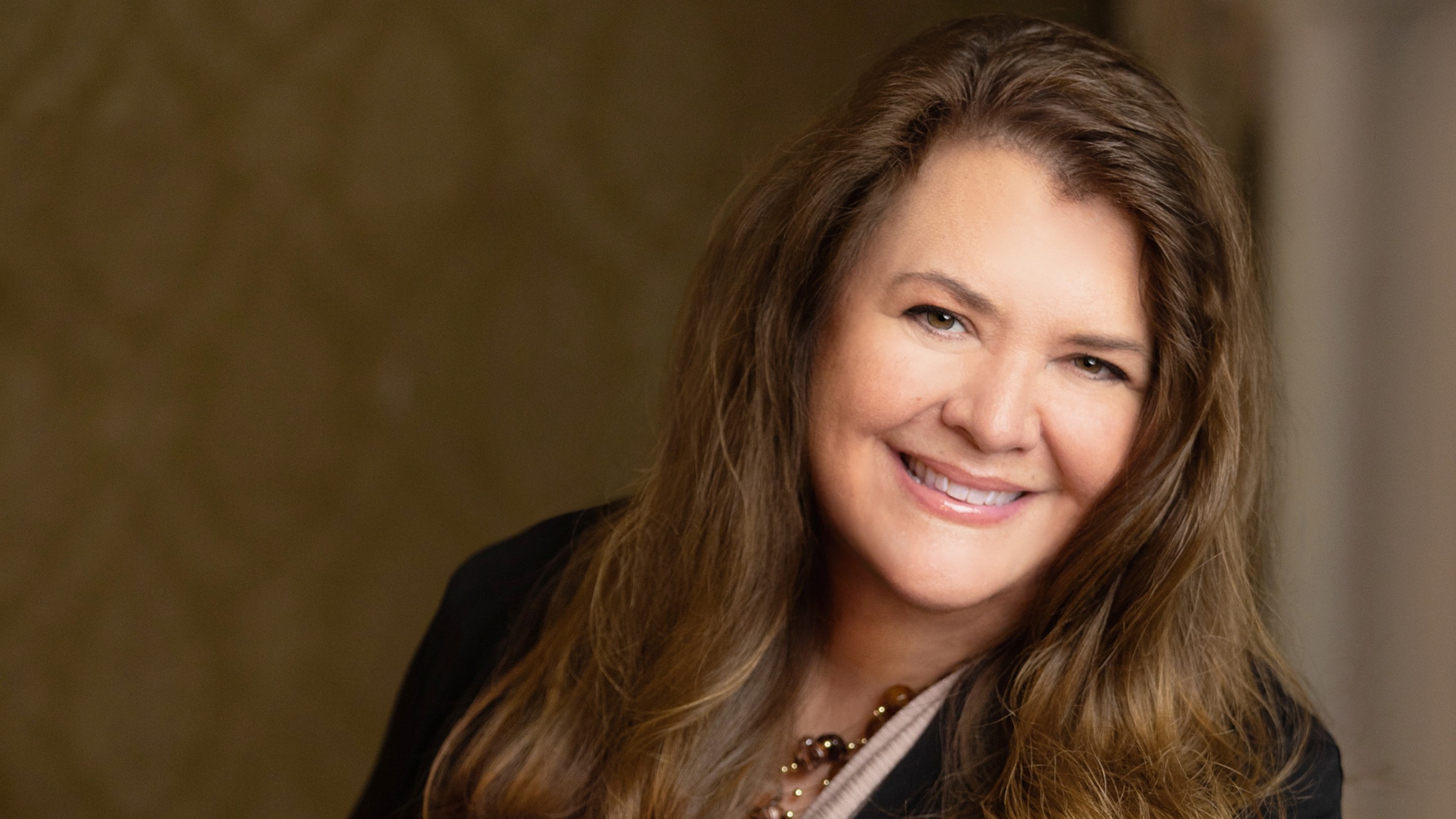
Overview
CEOs of Veravas, Persephone Bioscience, and Citius Pharmaceuticals reveal what it takes to helm your own startup, the mistakes that can derail you, and how to know when it’s time to step aside.
Founder-CEOs share skills, mindset shifts, and pitfalls that determine whether you’ll thrive in the top job
When your startup is just getting off the ground, wearing the CEO title might feel like a natural fit. You know the mission inside and out, you are steeped in the science, and your passion for the problem is what got your venture started.
Many investors even prefer a founder-CEO. Researchers from Purdue’s Krannert School of Management found that S&P 500 companies with founder-CEOs generated 31 percent more patents and demonstrated more willingness to take risks to promote growth. Meanwhile, a report conducted by Harvard Business Review found an association between founder-CEO leadership and 10 percent higher company valuations at IPO.
But enthusiasm and technical expertise don’t always translate into long-term CEO success. The role demands fundraising, team building, and strategic decision-making skills in high-stakes and highly regulated environments where mistakes are costly.
Cure recently spoke with three founder-CEOs about the skills you need to be successful, the challenges you will likely face, and what you can do to grow into the role.
Four Skills Every Founder-CEO Needs to Succeed
When John Forrest, Co-Founder, CEO, and Executive Chairman of Veravas, which is developing diagnostics including for the early detection of tau pathology associated with Alzheimer’s disease, decided to become CEO, he did so because he wanted to come up with ideas and put them into practice.
“[I wanted] to make a difference in laboratory diagnostics and specifically in neurodegenerative disease,” Forrest said. “As a founder, the role is about doing something new. As CEO, it's about taking that idea and making it real.”
To make it real and thrive, here are four skills founder-CEOs should have before stepping into the role.
1. Be Good at Balancing Both Roles
Being a CEO requires balancing all of the creative possibilities and then narrowing it down to what can be accomplished, Forrest said.
“Early on at Veravas, one of our biggest challenges was looking at all of the possibilities for our platform and deciding what disease area to focus on. We ultimately decided to target neurodegenerative diseases. It’s something that has affected our entire leadership team personally,” he explained.
John Forrest, Co-Founder, CEO, and Executive Chairman of Veravas
2. Have Grit and Resilience
Meanwhile, Stephanie Culler, PhD, Co-Founder and CEO of Persephone Biosciences, Inc., a biotech firm developing microbiome-driven solutions aimed at improving immune health and preventing disease, says she became a scientist after losing both of her grandmothers to cancer.
“That experience inspired a personal passion for oncology and human health, and it made me think deeply about how I could help develop new medicines to prevent disease,” she said.
Stephanie Culler, PhD, Co-Founder and CEO of Persephone Biosciences, Inc.
Culler, who stepped into the CEO role for Persephone because she wanted to lead the company’s vision and mission, said that every founder-CEO needs resilience, grit, and determination to be successful.
“There will be many roadblocks and unexpected challenges, and you need the drive and mental strength to push through them. These traits are essential to keep moving forward when things get difficult,” she added.
3. Be Flexible and Adaptable
Leonard Mazur, CEO and Co-Founder of Citius Pharmaceuticals, a late-stage biopharmaceutical company focused on developing and commercializing critical care products like its immunotherapy for cutaneous T-cell lymphoma (LYMPHIR), spent several decades as a successful pharmaceutical executive before founding his first company at age 50.
Leonard Mazur, CEO and Co-Founder of Citius Pharmaceuticals
“Fast forward through some successful exits, and I co-founded Citius Pharmaceuticals because I’ve always been drawn to solving meaningful problems in healthcare where existing treatments simply don’t suffice, and I wasn’t ready to retire early,” he said.
These multiple stints in a founder-CEO role showed him that to be successful, he needed to be flexible and adapt quickly.
“During my formative years at Cooper Labs, where we executed more than 150 acquisitions, I learned the critical importance of flexibility and adaptability,” he explained. “Successfully integrating diverse businesses required developing a repeatable corporate framework—one that could be applied to future acquisitions while still allowing for customization.”
4. Wear Multiple Hats
A founder-CEO is also tasked with wearing multiple hats on any given day, said Mazur. “First and foremost, [they] must lead a team with vision and a path to executing that vision. It’s not enough to have big ideas, [founder-CEOs] must translate them into a clear, executable strategy with the help of their team.”
Meanwhile, raising money also is an ongoing reality, he said. “Fluency in the capital markets and the ability to remain flexible in the face of inevitable setbacks are important. The ability to stay steady and keep the organization focused is a critical component of the role.”
Lastly, he said cultivating talent within the organization is also essential. “Building a team that’s smarter than you in their respective domains is key.”
How to Navigate Challenges Founder-CEOs Face
According to Mazur, one of the biggest challenges in being a founder-CEO is letting go of control in the right places. “You need to surround yourself with seasoned operators and empower them. Throughout my career, I learned to trust my team.”
His advice? Hire great people early and give them room to run. He said that’s how you move from being a founder who “does everything” to a CEO who scales a company.
Fundraising and finding investors can also present a challenge, said Culler. “As scientific co-founders, my co-founder and I faced many challenges early on. In graduate school, I learned how to present scientific data, not how to pitch to investors. I had to learn how to communicate with business partners and build a professional network.”
When Culler and her partner started the company, she said they knew only other scientists and had no idea how to approach fundraising or company-building from the business side. “My advice to other scientific founders is to embrace learning quickly, seek mentorship, and get comfortable stepping outside your area of expertise. Growth often happens when you are outside of your comfort zone.”
The sheer number of options in front of you as a founder-CEO can also be challenging, especially as you weigh how to make the right decision, said Forrest. “Of course, everyone makes mistakes—we're human after all—but the key is to examine all of the information, assess the market, and make the best decision based on the knowledge that’s available to you at that time. Look at the information, trust your experience and gut, and go for it.”
How to Balance Scientific Leadership With the Operational and Fundraising Demands of Being a CEO
Fundraising is one of the biggest challenges, but also one of the most important roles for any founder-CEO, said Forrest. “I’ve found that the most successful fundraising efforts are not about funding for funding's sake; you need mission-aligned support from your investors. They have to believe in what you're doing.”
Meanwhile, Mazur advises understanding where your strengths are, what skills you offer, and where your leadership adds the most value. At Citius, he said the company brought in a very experienced chief medical officer to oversee late-stage programs so he could focus on the fundraising side of things. To ensure he remains close to the science, Mazur regularly connects with the chief medical officer.
Culler said early on she and her co-founder divided their scientific leadership. “My co-founder is now our chief technology officer and oversees the daily operations of our R&D,” Culler said. “I have taken on more of a chief scientific officer role in addition to leading fundraising, strategy, and company development. That balance has evolved over time, but clear communication and defined roles have helped us manage it effectively.”
Common Mistakes to Avoid as You Move Forward
According to Forrest, some new founder-CEOs may struggle with being realistic or not being aware of regulations and guidelines. If you're in a regulated space, like diagnostics, you have to operate within the guardrails, he said.
You also need to avoid trying to do everything on your own. Instead, focus on the core science and secure the right partnerships. As a startup, there's no way you can do everything alone, he said, so lean on others for help.
“[Also], faking it until you make it is not an option in this field,” said Forrest. “We spend a lot of time ensuring we have the right data, the right science, and robust validation efforts to secure the trust and confidence of investors, healthcare providers, and most importantly, patients. When patient lives are on the line, precision and getting it right the first time and every time are non-negotiable.”
Mazur said other common mistakes founder-CEOs make include:
Overestimating how quickly milestones will happen
Underestimating how much capital you’ll need
Holding on to every decision instead of delegating
Failing to adapt from “startup founder” to “public-company CEO”
“A founder should not be the CEO if they lack the ability—or willingness—to scale with the business,” said Mazur. “If you’re unwilling to learn the language of investors, work with regulators, or bring in senior executives with skills you don’t have, it might be time to step aside. The CEO role is about leading the company to its next chapter, not preserving your title.”
Five Skills Founder-CEOs Need to Grow and How to Achieve Continued Success
If you are going to grow your startup, Mazur said financial acumen is an absolute must. As your company scales, the CEO is expected to speak the language of the street, he said. Board management is also important.
“Learning to work effectively with a board of directors is essential,” said Mazur. “In the development stage, it's largely about the science and the capital. Eventually, you must pivot toward how the product will be launched, priced, and reimbursed. And, this may be most important, so learn to navigate in a crisis, he said.
Here are some other skills you will need to hone going forward to continue to be successful as a CEO.
Be prepared for setbacks: Every company hits turbulence. The ability to lead decisively during those moments comes with experience and a willingness to learn from past mistakes.
Build a quality team: Hire experts in regulatory, clinical, and commercial execution early, suggested Mazur, and align around your strategic goals. “Once you’ve passed the clinical and regulatory hurdle, you need to bring your products to market so keeping the team focused on execution is key.”
Practice perseverance and focus: One way to get through growing pains is perseverance, said Forrest. Work to overcome obstacles and believe in your mission. “We are in a fast-moving industry that provides many opportunities to look at shiny objects of distraction. When you know that you are on the right path you have to stay the course, see it through, and not let distractions get in the way of objectives.”
Be open to new perspectives: This is not just a mindset, but a skill that takes practice, said Forrest. He likes to use the analogy of a roller coaster. With a roller coaster, you’re going to have ups and downs, but you're in it for the experience and the rush of accomplishment at the end of the ride, he explained. “While the ups are great, it's during the ‘downs’ when you are truly tested. Being open to new perspectives and to developing new skills empowers you to tackle challenges differently.”
Build your company around a mission that truly matters to you: The CEO role in healthcare requires you to manage complexity across science, regulation, business development, and fundraising, said Culler. “There will be setbacks and uncertainty, but a clear and meaningful mission gives you the strength and clarity to keep going.”








